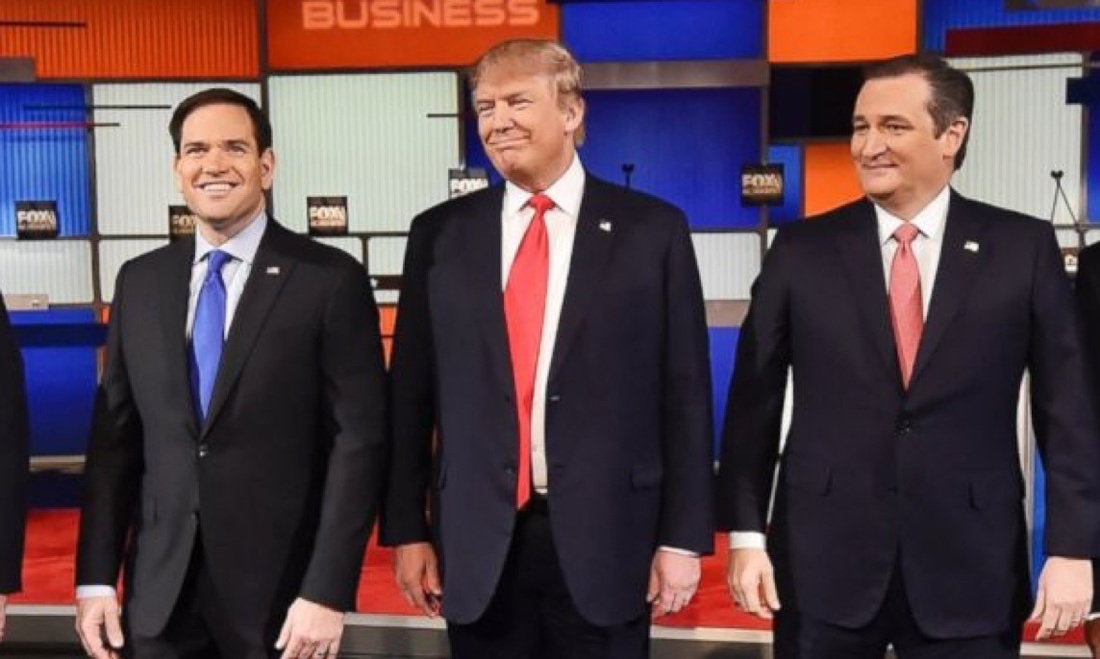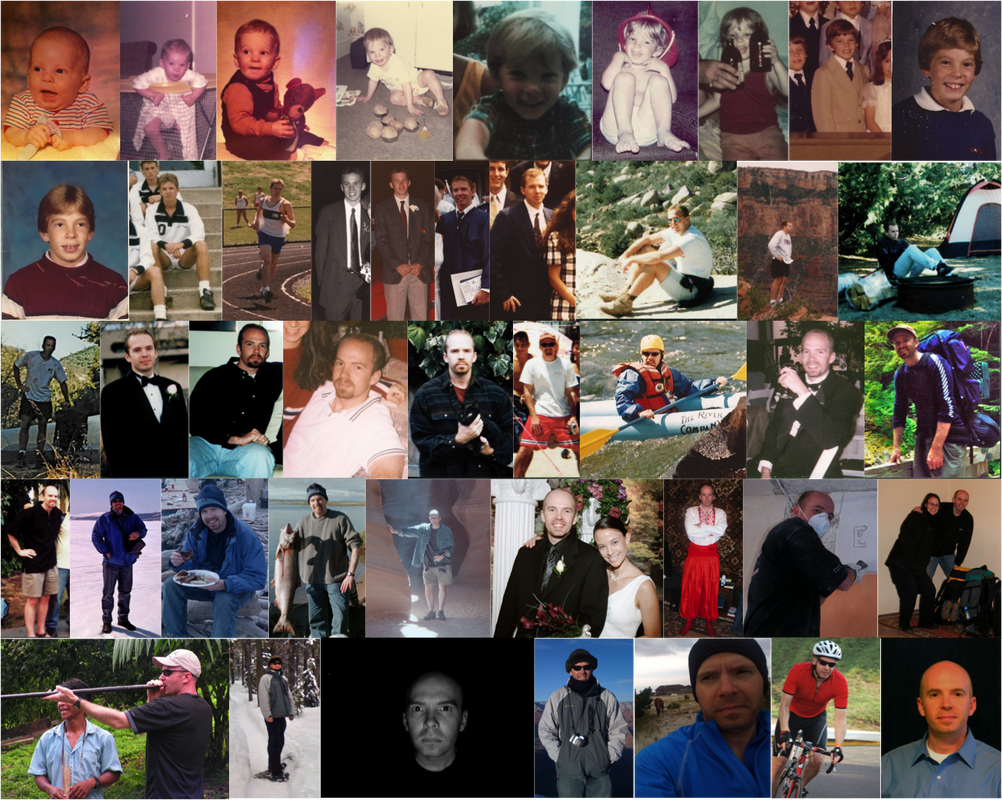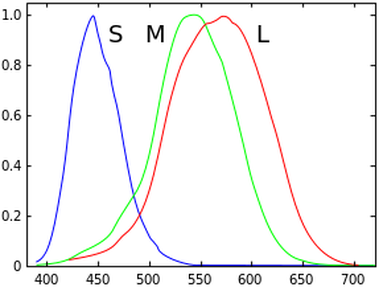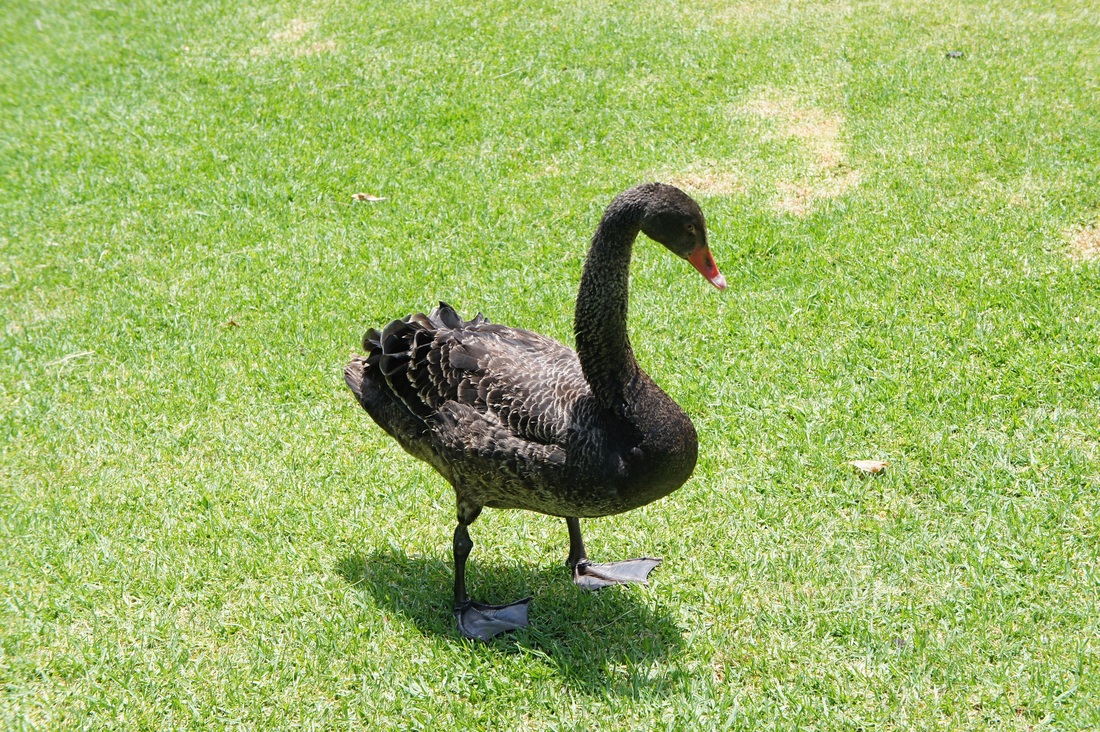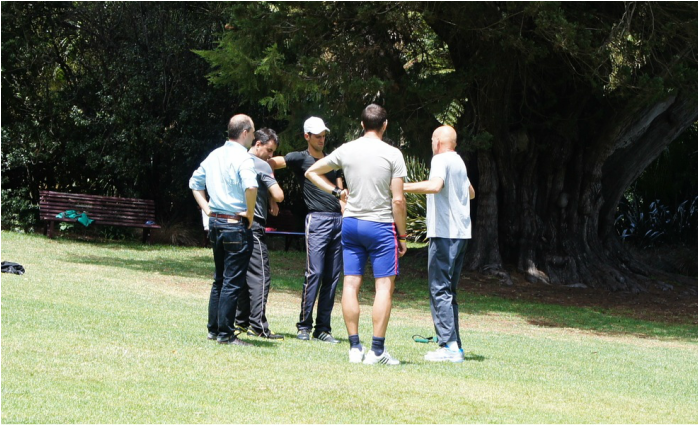---------------------------------------------------
Harry and Sophie wanted to take seriously the words the minister would utter as they exchanged rings: "These two lives are now joined in one unbroken circle." This meant putting their collective interest first, and their individual interests second. If they could do that, the marriage would be better for both of them.
But Harry had seen his own parents divorce and too many friends and relations hurt by betrayal and deceit to accept this unquestioningly. The calculating part of his brain reasoned that, if he put himself second, but Sophie put herself first, Sophie would get a good deal from the marriage but he wouldn't. In other words, he risked being taken for a mug if he romantically failed to protect his own interest.
Sophie had similar thoughts. They had even discussed the problem and agreed that they really would not be egotistical in the marriage. But neither could be sure the other would keep their part of the bargain, so the safest course of action for both was to secretly look out for themselves. That inevitably meant the marriage would not be as good as it could have been. But surely it was the only rational course of action to take?
Baggini, J., The Pig That Wants to Be Eaten, 2005, p. 130.
---------------------------------------------------
Oh well. It looks like this is going to be another short post on Friday. I'm starting to recognise the lame thought experiments now as the ones that don't have an outside source attached to them. It's almost as if Baggini needs a partner or something...

